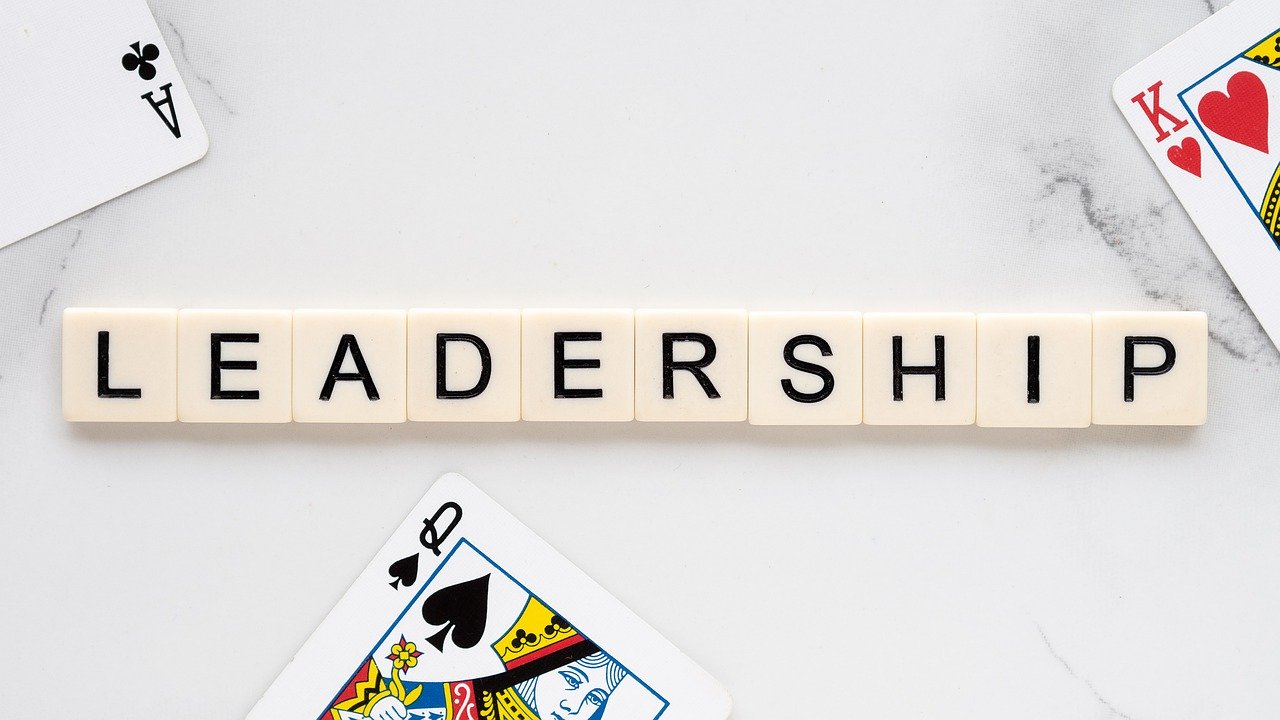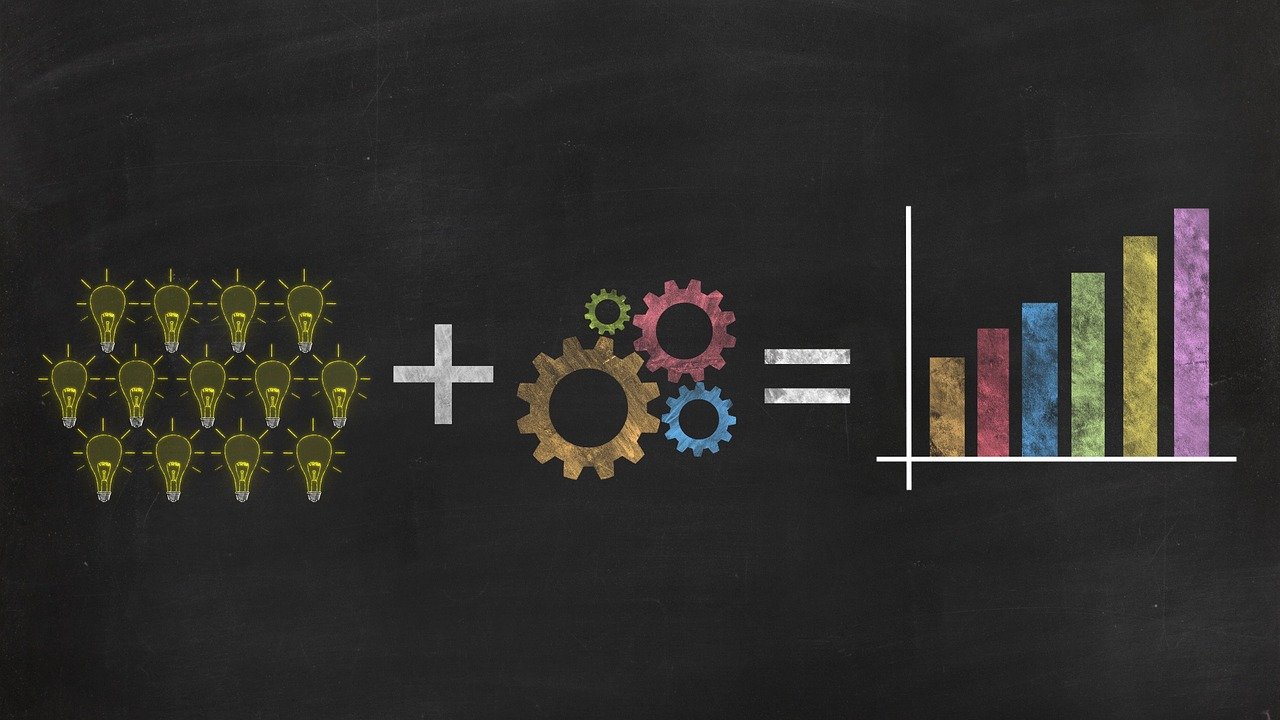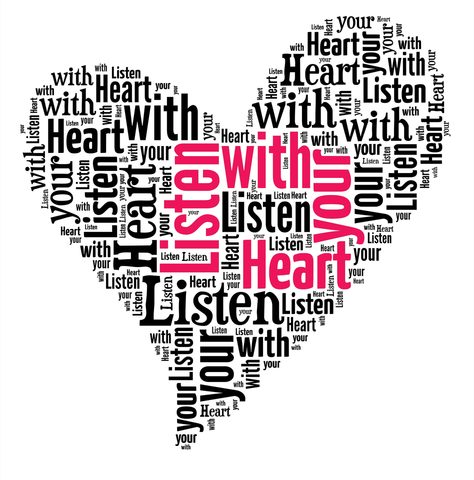
Emerging leadership lessons from the pandemic and what we need from leaders now – Interview with Rachel Neaman
August 21, 2020
Experimentation is what makes Microsoft, Google, Netflix and Booking.com so successful – Interview with Harvard Business School Professor Stefan Thomke
August 28, 2020Recently I came across a quote from Donella “Dana” Meadows, an American environmental scientist, educator, and writer and author of the books The Limits to Growth and Thinking in Systems: a Primer. The quote read:
“The scarcest resource is not oil, metals, clean air, capital, labour, or technology. It is our willingness to listen to each other and learn from each other and to seek the truth rather than seek to be right.”
Since then, I’ve been reflecting on that quote and the idea of listening.
That took me to an article that I wrote just over ten years ago.
In it I wrote that:
“Listening is different to hearing. Hearing is something that we do with our ears while listening is something that we do with our brains.”
That made me think……so, why do we hear but not listen?
Sometimes it’s because we are facing criticism or a complaint.
Sometimes it’s because we don’t agree.
Sometimes it’s because of personal history.
Sometimes it’s because we are busy.
Sometimes it’s because we don’t care enough about the other person or the topic of conversation.
Sometimes it’s because……..[Fill in the blank]
The reality is that listening can often be hard to do, and it is hard to get good at. It requires us to pay attention all of the time and to be vigilant when we are in danger of tuning out or switching off.
However, to not listen and to not try and get better at listening is to do a disservice to ourselves, our customers and the people around us. It limits our understanding.
That is true.
But, reflecting on that statement now ten years later, I would suggest that it is missing one key element. And, that is heart.
It should read:
“Listening is different to hearing. Hearing is something that we do with our ears while listening is something that we do with our brains and our hearts.”
Listening with our brains may help us understand things and may allow us to intellectually ‘get’ stuff, but it does not guarantee action. Only when we feel and connect with things that have meaning for us are we compelled to change or do something.
That will only come when we engage our hearts.
One retail CEO recently engaged his heart when considering the pandemic, deteriorating economic conditions and the future of his company. Facing the prospect of having to cut several jobs to preserve the future of the company if nothing else changed, he “announced that he would reduce his salary in order to save jobs for his employees”.
Following his announcement, Jim Katzman, principal of CX strategy and enablement at experience intelligence provider InMoment, told me that they quickly launched a pulse survey to around 1,500 people to understand better how his announcement impacted sentiment around their client’s brand.
According to Katzman, the pulse survey found that more than 50% of non-customers said they would be extremely likely or likely to visit the client’s website in response to the announcement. Moreover, almost 70% of respondents cited the CEO’s empathy towards his employees as a reason for supporting the brand.
This is just one example of a CEO who listened with his heart and that motivated him to act. He could not have known the impact it would have had on brand sentiment. But, we can only imagine the effect that it has had on his employees, their engagement, loyalty and advocacy.
These changing and challenging times demand that we continue to listen to our customers and employees but also that we do it with heart.
This post was originally published on Forbes.com.
Thanks to Therapeutic Grace for the image.




